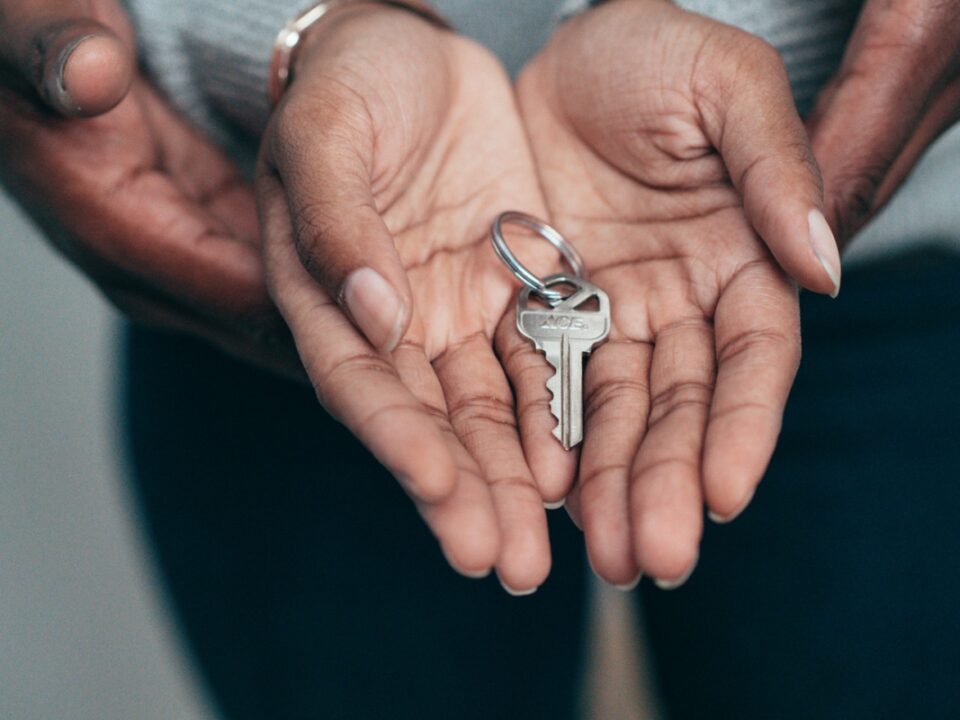Everyone should make an attempt to invest in real estate at some point in their lives. All investments are fantastic – when you do them correctly – but the property market is possibly the best of all. There’s a lot of money to be made, and you’ll be surprised at how much you need to spend to initially invest in real estate.
Today, we’re going to look at three approaches to suit three different budgets:
Low-budget property investments
Did you know you can invest in real estate for under $1000? In fact, you can do it for just a few hundred dollars if you know where to look. Essentially, it’s all to do with something called real estate crowdfunding. It’s a simple process whereby you – and lots of other investors – pool your money together in a trust. From here, the manager of the fund will use the cash to invest in real estate, generating a return for everyone.
As these DiversyFund reviews show, you can start your investment for as little as $500. Money is typically made by investing in rental properties that tenants pay to live in. Thus, the rental payments are distributed through the trust to everyone that invested – almost like interest on your investment.
Mid-budget property investments
If you can afford to spend a few thousand dollars – possibly even more than that – on real estate, you have plenty of options. This approach is simple; you apply for a mortgage loan, and then buy a house.
Mortgages come with downpayments, which equate to a percentage of the property value. The exact percentage you pay depends on how much you’re able to afford. Some people will opt for a 20% down payment, while others choose 15%. Nowadays, you can even get 5% down payments, which have been introduced to help more people get on the property ladder.
Let’s say you’ve found a home that costs $200,000. A 20% down payment is $40,000, 15% is $30,000, and 5% is $10,000. You see, these are all achievable amounts if you have a mid-range budget to invest.
Max-budget property investments
The final approach is similar to the previous one in that you are directly purchasing a property. The difference is that you have enough money to buy the whole thing in one go. This might be the case if you run into a large windfall of cash. Perhaps you won lots of money, or maybe you have been given a very generous inheritance. Regardless, you can spend your money on a home, meaning you own it without worrying about mortgage repayments.
As you can see, there are many different approaches to investing in real estate depending on your budget. 99% of you will fall into the top two categories. So, consider how much money you can afford to depart with, and then follow the relevant approach. A lot of newbie investors assume you need to have a huge budget to get on the property ladder. However, this clearly is not the case!
